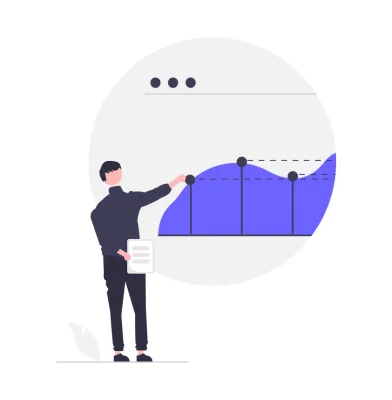
Economics Questions and Answers
Economics questions and answers to help you prepare for JAMB, WAEC, NECO, Post UTME and job aptitude tests or interviews.

Economics questions and answers to help you prepare for JAMB, WAEC, NECO, Post UTME and job aptitude tests or interviews.
In order to increase revenue, government should tax commodities for which demand is
Perfectly price inelastic
Price inelastic
Price elastic
Unitary elastic
Correct answer is B
For government to generate more revenue, tax on commodities should be price inelastic. Inelastic means when tax is imposed, consumers do not react to tax i.e more of the goods are demanded.
What happens when the central bank increases the bank rate in an economy?
Borrowing is discouraged
Customers increase their borrowing
Banks can increase their lending
Money supply increases
Correct answer is A
Central bank discourage borrowing when bank rate is increased. Bank rate is one of the ways the central bank control money supply in an economy. If the bank rate is high, the supply of money will fall and vice versa.
Holding money to take care of contingencies is
A speculative motive
A transactions motive
A precautionary motive
An expansionary motive
Correct answer is C
A precautionary motive is when people hold money to meet unforseen contingencies or circumstances e.g accident, sickness etc. It varies inversely with the level of income.
Demand-pull inflation is likely to be caused by
An increase in the cost of factor inputs
Increase in the income tax rate
Increase in bank lending rate
Increasingly large budget deficit
Correct answer is D
Demand-pull inflation occurs when there is excess demand of goods over supply. Excessive demand is a consequence whereby consumers have money purchasing power to buy goods and services.